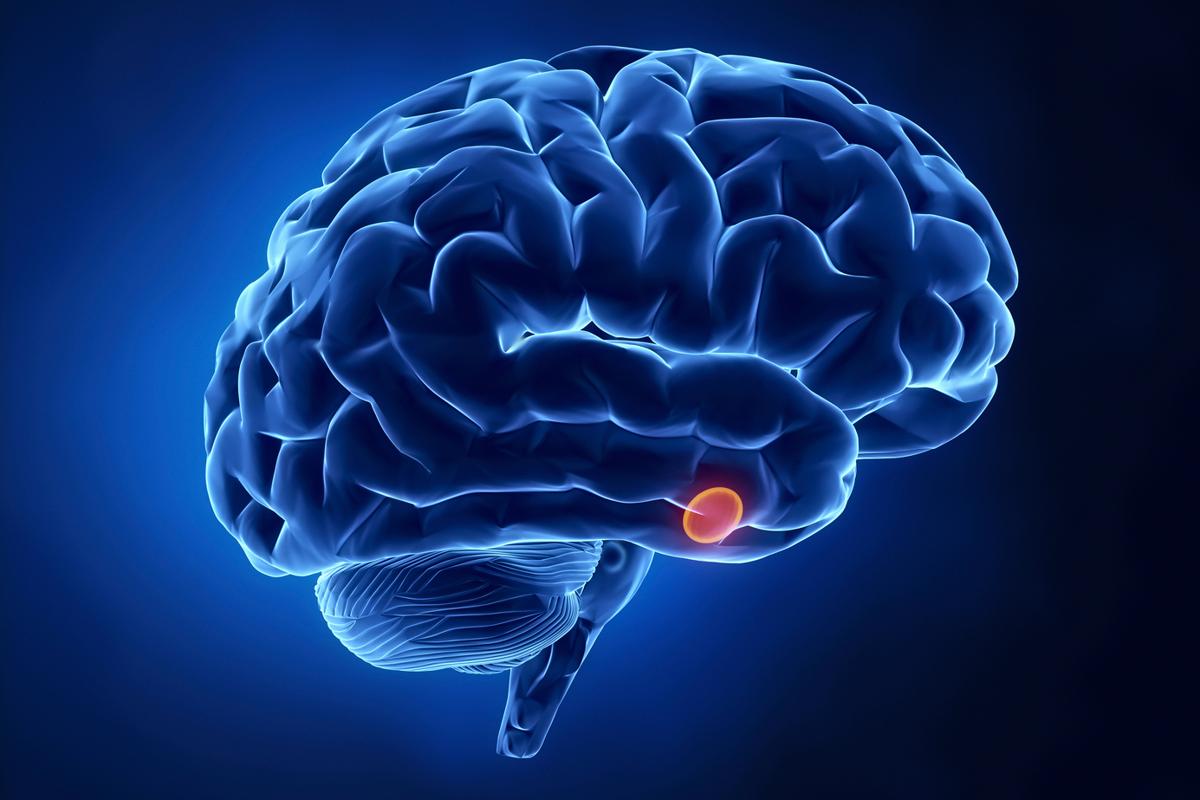
Huntington’s disease is a hereditary disorder of the brain, which is caused by the degeneration of certain nerve cells. Only 1 to 3 percent of individuals affected by this disorder showed no family history. This article provides information on the facts of this disorder.
Huntington’s disease (HD) is an inherited disorder that can affect the cognitive and physical abilities of a person. In 1872, an American physician named, Dr. George Huntington first described the symptoms of this disease. This disorder is also known as Huntington’s chorea. ‘Chorea’ as in ‘choreography’ is a Greek word, which means ‘dance’. This term refers to the quick, involuntary, and dance-like motion of the person affected by this disorder. People between the age group of 40-50 are mainly affected by HD. The person experiences emotional disturbances and uncontrolled physical movements due to the damaged nerve cells in the brain. Statistics reveal that more than 15,000 people in the US are diagnosed with HD.
Causes and Risk Factors
This genetic disorder is caused due to the mutations in the gene, which is responsible for producing a protein called huntingtin. The defective gene causes the degeneration of neurons (nerve cells in the brain). The person carrying a defective gene is at a higher risk of developing HD, and is likely to be affected anytime during the lifetime. It can affect males and females from all ethnic and racial groups; however, children have been affected only in rare cases. A person with a family history of HD has 50% chances of developing this disorder.
Signs and Symptoms
The onset of symptoms is generally observed in the middle age (i.e., between 40-50 years). Since it damages the nervous system, the cognitive abilities are largely affected. This genetic disorder involves the part of the brain that holds the control of various abilities such as emotions, thinking, and movements. The severity of the symptoms may vary from person to person.
Generally, personality changes and diminished cognitive abilities are visible during the early stages. A person may experience depression, mood swings, nervousness, and irritability. He/she may become passive, apathetic, and excessively angry. HD also affects a person’s memory, judgment, thinking ability, and the ability to make decisions, learn new things, and remember important things.
Eventually, a person suffers from various physical inabilities such as clumsiness, difficulty in balancing, and involuntary facial movements (grimacing). In the advanced stage of HD, the symptoms such as difficulty in shifting the gaze without the head movement, involuntary and jerky movements, problems with coordination and balance, halting or hesitant speech, difficulty in swallowing, walking or speaking, and dementia are observed.
In case of juvenile HD, the symptoms are similar to Parkinson’s disease such as tremors, muscle rigidity, and slow movements. It becomes difficult for a person to perform routine tasks such as getting dressed. The development of this disorder is usually slow and the severity of the symptoms is associated with the degree of nerve cell degeneration.
Diagnosis
HD can be diagnosed with the help of physical examination, medical history, and certain investigations. In order to study the changes in the structure of the brain, imaging tests such as CT scan or MRI scan, might be advised. Additionally, to detect the defective gene, a blood test could be prescribed.
Treatment
There is no actual cure for HD; usually the treatment is aimed at controlling the signs and symptoms. Medications such as clonazepam or antipsychotic drugs such as haloperidol are effective in controlling the movements and hallucinations. Medications such as fluoxetine or nortriptyline can reduce depression and control mood swings. Various therapies such as speech therapy, physiotherapy, and occupational therapy can help improve the physical disabilities.
People affected by this disorder have to face a number of challenges. The symptoms can be controlled by following a healthy lifestyle. A nutritious, healthy diet coupled with an active lifestyle helps reduce the severity of the disorder.
Disclaimer: This article is for informative purposes only and does not in any way attempt to replace the advice offered by an expert on the subject.


